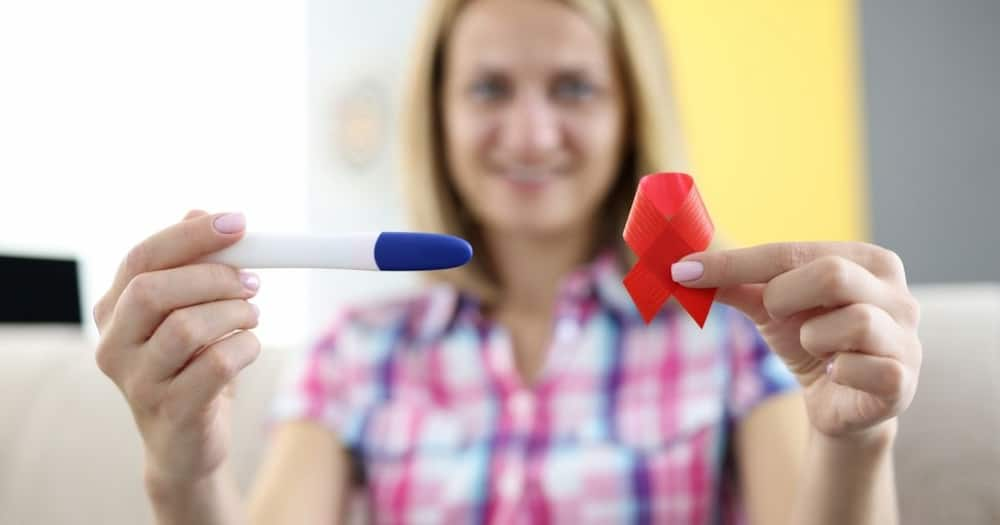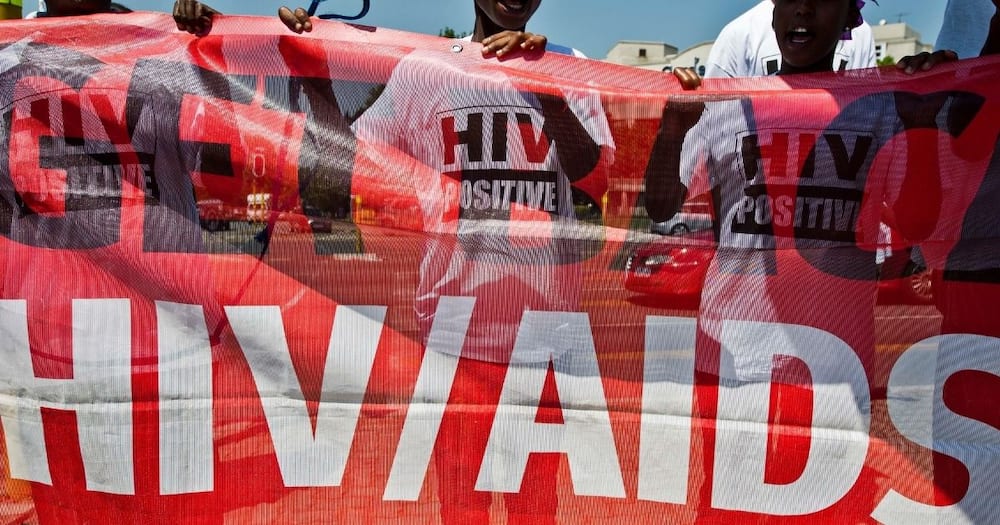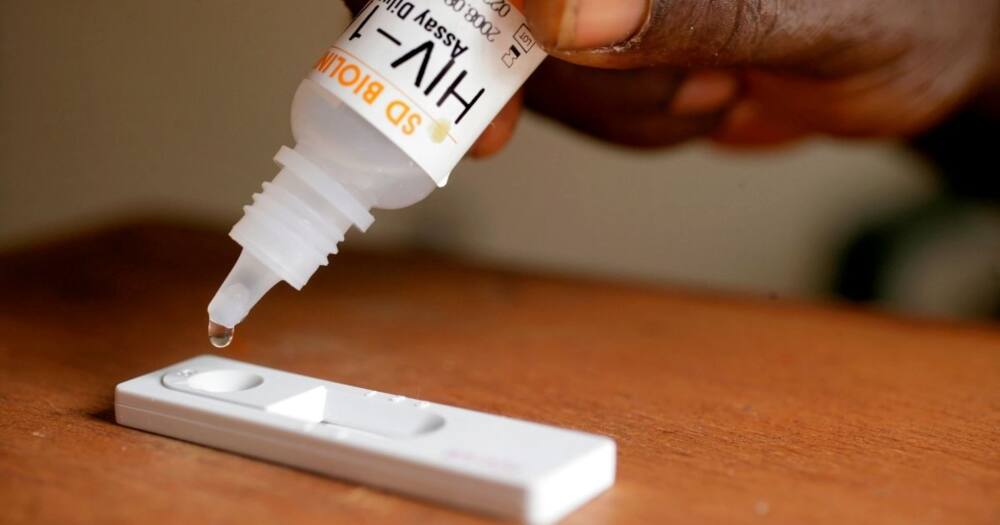20 Years On: Government Ordered by High Court to Provide HIV Drugs to Pregnant Women
- In 2001, the Pretoria High Court ruled that the South African Government would need to start providing the anti-HIV drug nevirapine to pregnant mothers
- The ruling came about after activists took Government to court for being 'unconstitutional' by not supplying said drug to reduce mother-to-child transmissions
- Since then, studies have been conducted on the aforementioned transmissions and have shown an 80% decline in HIV positive babies
PAY ATTENTION: Follow Briefly News on Twitter and never miss the hottest topics! Find us at @brieflyza!
It has been 20 years since the Pretoria High Court ruled that Government would have to provide nevirapine to all pregnant women in order to stop the transmission of HIV to their babies.
The ruling stated that Government would have to allow for the drug to be available to women who used public hospitals to give birth. Government was also informed that it would have to introduce and institute a programme that would reduce transmission of the virus from mother to child across the country.

Source: Getty Images
Information involving HIV transmission from mother-to-child
While sexual intercourse is considered the main method of HIV transmission, the virus is still passed to children through their mothers. The most common way this happens is through delivery as the baby comes into direct contact with its mothers' blood.
PAY ATTENTION: Never miss breaking news – join Briefly News' Telegram channel!
Not only is nevirapine able to prevent this specific form of HIV transmission but it is also considered the easiest and cheapest method to do so. Two doses are given - the first is to the mother at the onset of labour and the second goes to the baby within 72 hours of its birth.
Statistics involving HIV transmissions from mother-to-child
In Mzansi, about 95% of HIV positive pregnant women are on antiretroviral treatment. Thanks to this, the amount of babies who become HIV positive through their mothers per year has dropped by a massive 80%.
Even with this massive decline, AidsMap reports that earlier studies revealed that babies who are HIV negative and are born to HIV positive mothers, in general, showed poorer health to babies who were born to HIV negative mothers.

Source: Getty Images
Activists take Government to court to provide nevirapine in early 2000s
According to BBC News, the case was the first big Government policy Aids medication challenge. It was brought forth by activists who wished to push Government to provide the medication through its healthcare system.
In court, the activists argued that Government was not acting constitutionally as they failed to supply medication that would lessen HIV transmission from mothers to their children.
Government's response to the ruling
The South African government stated, in 2001, that the introduction of the drug would be gradual. Adding that even with the drug being made available, HIV could still be passed from mothers to their children through breastmilk.

Read also
Anti-vaxxers in Pretoria call for urgent court hearing, will not back down: 'Enough is enough'
Government went on to say that it had concerns regarding nevirapine's toxicity levels and that safe distribution would not be possible. Government further stated that courts had no legal right to make rulings on policy decisions.
How did the ruling come about?
Pretoria High Court Judge Chris Botha, in a 70-page ruling, stated that Government was required to supply the medication through the Consitutional Right to Health Treatment, this is according to a report by Kaiser Health News.

Source: Getty Images
Recent studies on HIV mother-to-child HIV transmissions
AidsMap reported that a study found that most babies born to mothers who are HIV positive and are on ART do not generally have worse health-related issues as compared to children who were born to HIV negative women.
The study found that babies with HIV positive mothers were more prone to hospitalisation between 80 days to three months after they are born.
Open access, peer-reviewed journal BMC Public Health shared last year that SA has the highest number of HIV positive people in the world; this includes one-third of pregnant women. Since 2004, access to ARTs has increased, drastically, with pregnancy, delivery and vertical transmission of the virus being reduced substantially.
Netizens use social media to discuss HIV and pregnancy
@fallsonp1999 tweeted:
"I wonder how the pandemic's curbs on medical care have affected the number of children born with HIV in South Africa, where - 30% of pregnant women have HIV. ARV therapies help dramatically reduce transmission, but lockdowns blocked many women from therapy."
@RightsCharter shared:
"In South Africa, their right to health allowed for action to ensure HIV treatments were provided for pregnant women. Many lives were saved as a result."
Young HIV activist infected at birth shares inspiring story of living with diagnosis: "We are so proud"
In other HIV-related news, Briefly News reported that Malome Skipper faced bullying at the hands of his peers, all due to something out of his control. The young activist was infected at birth with HIV by his mother, who passed away when he was still a child.
His grandmother took the responsibility of raising him and helped him turn into the bright young man he is today. Malome's positive HIV status turned his life upside down in school, it took him to the point of considering suicide.
With all the negativity and stigma, Malome turned to God. His nickname in school was 'HIV' but over the years he learned to fight against the hurt it came with. He is now a proud HIV activist in Lesotho.
Source: Briefly News




